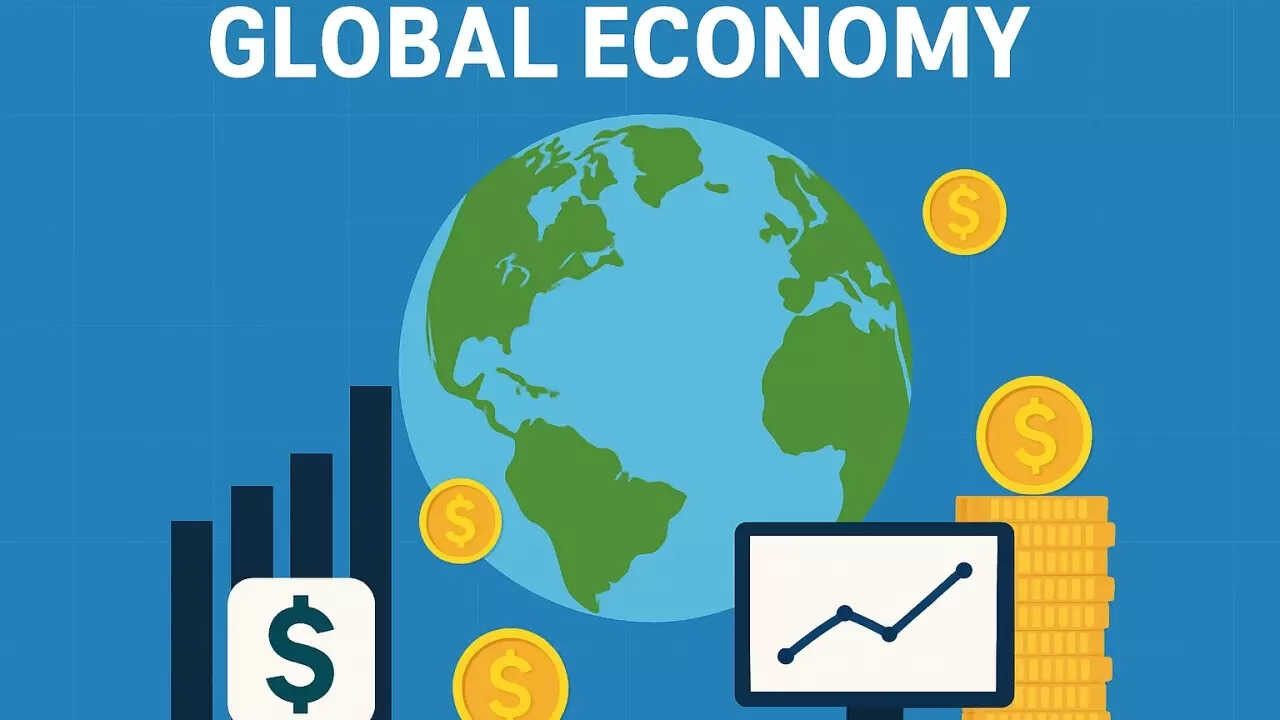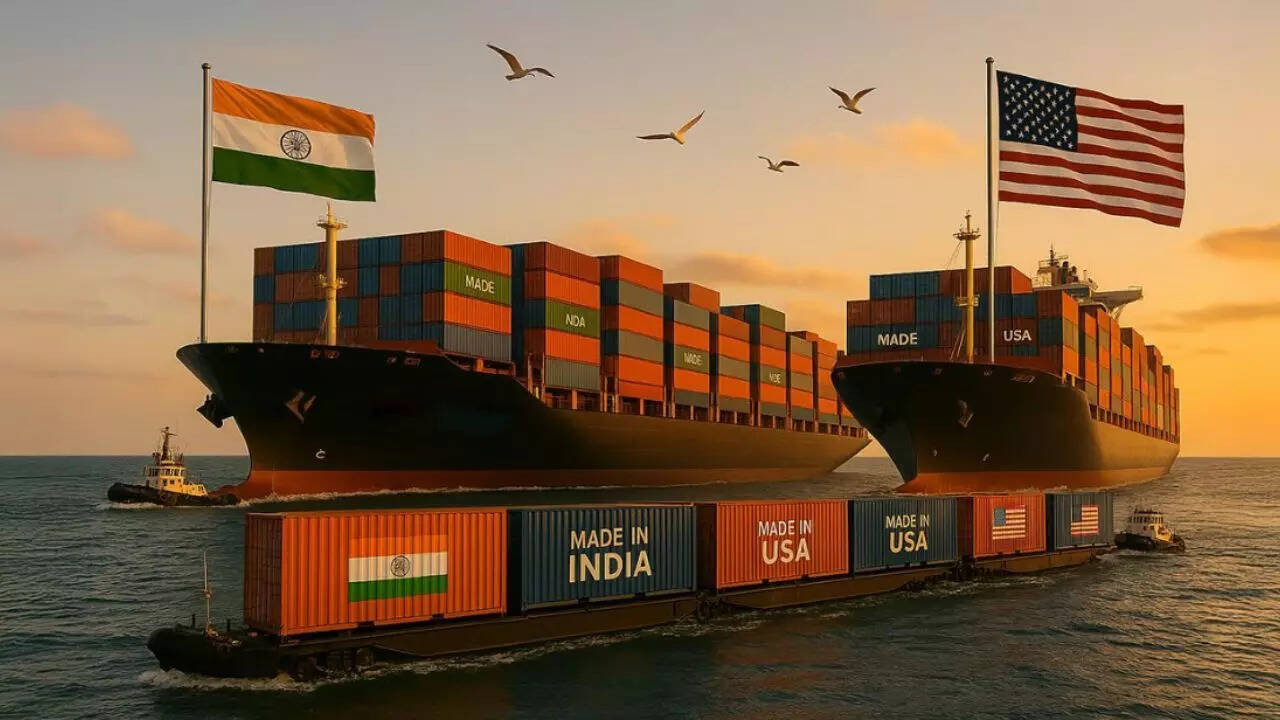Amidst global economic turmoil, the IMF urges world leaders to ‘buckle up’ with a four-pronged strategy. This involves building fiscal buffers, strengthening trusted institutions, deepening trade ties, and fostering private sector innovation through technology adoption and infrastructure investment. The IMF also revised growth forecasts upwards, noting less severe impacts from trade tensions than initially feared.
Navigating the Choppy Waters: Can the World Economy Avoid a Wreck?
The global economic forecast? Let’s just say sunshine and rainbows aren’t exactly dominating the skies right now. We’re facing a complex storm of challenges – persistent inflation, geopolitical tensions, and the lingering effects of a pandemic that keeps throwing curveballs. The International Monetary Fund (IMF), in a recent assessment, isn’t pulling any punches, urging world leaders and central banks to brace themselves for a potentially rough ride. But it’s not all doom and gloom. The IMF also offers a four-pronged strategy, a potential navigational chart, to help steer us through these turbulent times.
So, what’s the IMF’s prescription for avoiding a full-blown economic catastrophe? Let’s break it down.
1. Inflation: The Top Priority in Economic Stability
First and foremost, the IMF stresses the crucial need to tame the inflation beast. Remember when “transitory” was the word of the day? Those days are long gone. Inflation has proven stubbornly persistent, eroding purchasing power and creating uncertainty for businesses and consumers alike. The IMF’s message is clear: central banks must maintain a firm grip on monetary policy. This means potentially continuing to raise interest rates, even if it comes at the cost of slower economic growth in the short term. The idea is that a short, sharp shock is preferable to a prolonged period of high inflation, which can ultimately be far more damaging.
The problem? Raising interest rates is a delicate balancing act. Too aggressive, and you risk triggering a recession. Too timid, and inflation could become entrenched. It’s like walking a tightrope with a gale-force wind blowing in your face.
2. Fiscal Policy: A Supporting Role in Economic Growth
While central banks are on the front lines fighting inflation, governments also have a vital role to play through responsible fiscal policy. The IMF emphasizes the need for governments to avoid policies that could fuel inflation further. Think targeted support for vulnerable populations, rather than broad-based spending increases that could overheat the economy.
Imagine a leaky boat: You wouldn’t just start bailing water randomly; you’d focus on plugging the holes that are causing the most damage. Similarly, fiscal policy should be laser-focused on addressing specific needs without adding to the overall inflationary pressure.

3. Safeguarding Financial Stability During Economic Downturns
The IMF highlights the importance of vigilant monitoring of the financial system. Higher interest rates can put stress on banks and other financial institutions, particularly those with significant exposure to risky assets. A sudden shock in one part of the financial system could quickly spread, leading to a wider crisis.
The IMF is urging regulators to be proactive, identifying and addressing potential vulnerabilities before they can cause serious damage. This includes strengthening bank supervision, ensuring adequate capital buffers, and being prepared to intervene quickly if problems arise.
Think of it like preventative medicine for the financial system – early detection and treatment can prevent a small problem from becoming a life-threatening illness.
4. Boosting Long-Term Growth Prospects
While tackling immediate challenges like inflation is critical, the IMF also emphasizes the importance of investing in long-term growth. This means pursuing policies that promote productivity, innovation, and investment. Think structural reforms that remove barriers to competition, investments in education and infrastructure, and policies that encourage entrepreneurship.
The long-term health of the global economy depends on its ability to adapt and innovate. By creating a more dynamic and competitive environment, countries can boost their growth potential and create new opportunities for their citizens. This is an area where international collaboration is crucial. Initiatives like encouraging sustainable development practices are key, as discussed in our article on [ESG investing](/esg-investing).
The Road Ahead
The global economic outlook is uncertain, but the IMF’s four-pronged strategy offers a framework for navigating the challenges ahead. Taming inflation, pursuing responsible fiscal policies, safeguarding financial stability, and investing in long-term growth are all essential steps for avoiding a global economic wreck. It requires careful planning, decisive action, and international cooperation. Navigating this complexity is not just the responsibility of central banks and world leaders, but understanding these dynamics empowers us all to make informed decisions in an ever-changing world.







